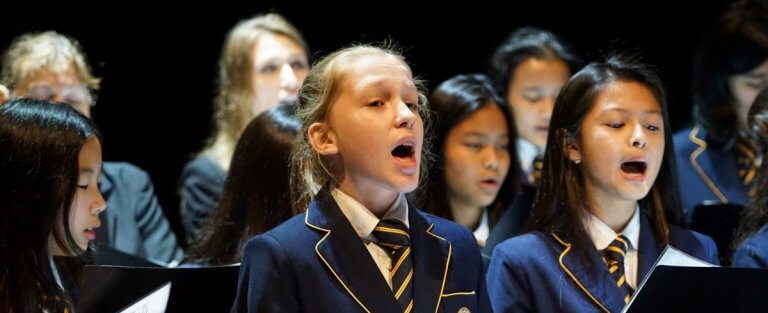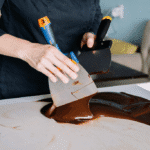
The British education system is well-known and widely replicated around the globe. Nearly half (45 percent) of all international schools that teach the English language offer a British-based curriculum, according to figures from ISC Research.
But what does this sort of curriculum entail? Even if you’re British and have already gone through the country’s education system, questions remain over the suffix “-based,” such as to what extent and how does it veer off of the national curriculum?
For both moving parents and children, knowing the intricacies of their new international school’s curriculum and the resulting qualifications is crucial. Awareness of what it entails from start to finish will not only be likelier to result in a smoother transition to a foreign country for the family, but ensure there aren’t any unwanted surprises – especially for the new kid in school.
Here are the four things you should know about the British-based curriculum:
Accreditation
The British government has a voluntary inspection scheme for British Schools Overseas (BSOs). To be accredited by the Department of Education, BSOs must meet these standards to ensure pupils are granted the skills and qualifications needed to enter or re-enter the British education system.
DfE publishes inspection reports for British schools overseas that do not meet its accreditation standards; https://t.co/y4uLJ1KYt8 @educationgovuk
— SSAT (@ssat) May 23, 2018
The inspection by the Department of Education is every three years and will assess “the extent to which the British character of the school is evident in its ethos, curriculum, teaching, care for pupils and pupils’ achievements”. Approval means the school has demonstrated that “they provide a British education that has similar characteristics to an education in an independent school in England”. Parents can review these inspection reports.
One alternative quality assurance system is The Council of British International Schools (COBIS), the largest educational association for international British schools overseas. The council represents their member schools’ leaders, governors, staff and students by providing quality assurance in member schools through The Patron’s Accreditation and Compliance, ie. a five-year school development, improvement and review cycle.
Subjects
According to TES, awarding organisations like OxfordAQA design syllabi to match the national curriculum with a more international influence. The syllabus usually encompasses of a set of primary and secondary subjects like religious and sex education with corresponding standards that schools have to meet.
Pupils usually choose subjects they plan to take in their final exams, such as the British GCSEs and A Levels.
Exams
Unlike the US education system, the British system is more exam-bound and is characterised by end-of-school assessments comparable to the British GCSEs and A Levels. The GCSEs (General Certificate of Secondary Education) is a set of exams taken in England, Wales, Northern Ireland and other British territories by students aged 15–16 after two years of study.
Pupils who achieve at least five GCSEs at grades A* to C can proceed to A Level (Advanced Level), which is a subject-based qualification conferred as part of the General Certificate of Education. It is a school leaving qualification that can lead to university, further study, training or work. Pupils normally study three or more A Levels over two years.
Liked this? Then you’ll love…
UK A Level Results 2018: What to do if your grades aren’t what you need
UK: Record number of students gaining admission after A Level results – UCAS







